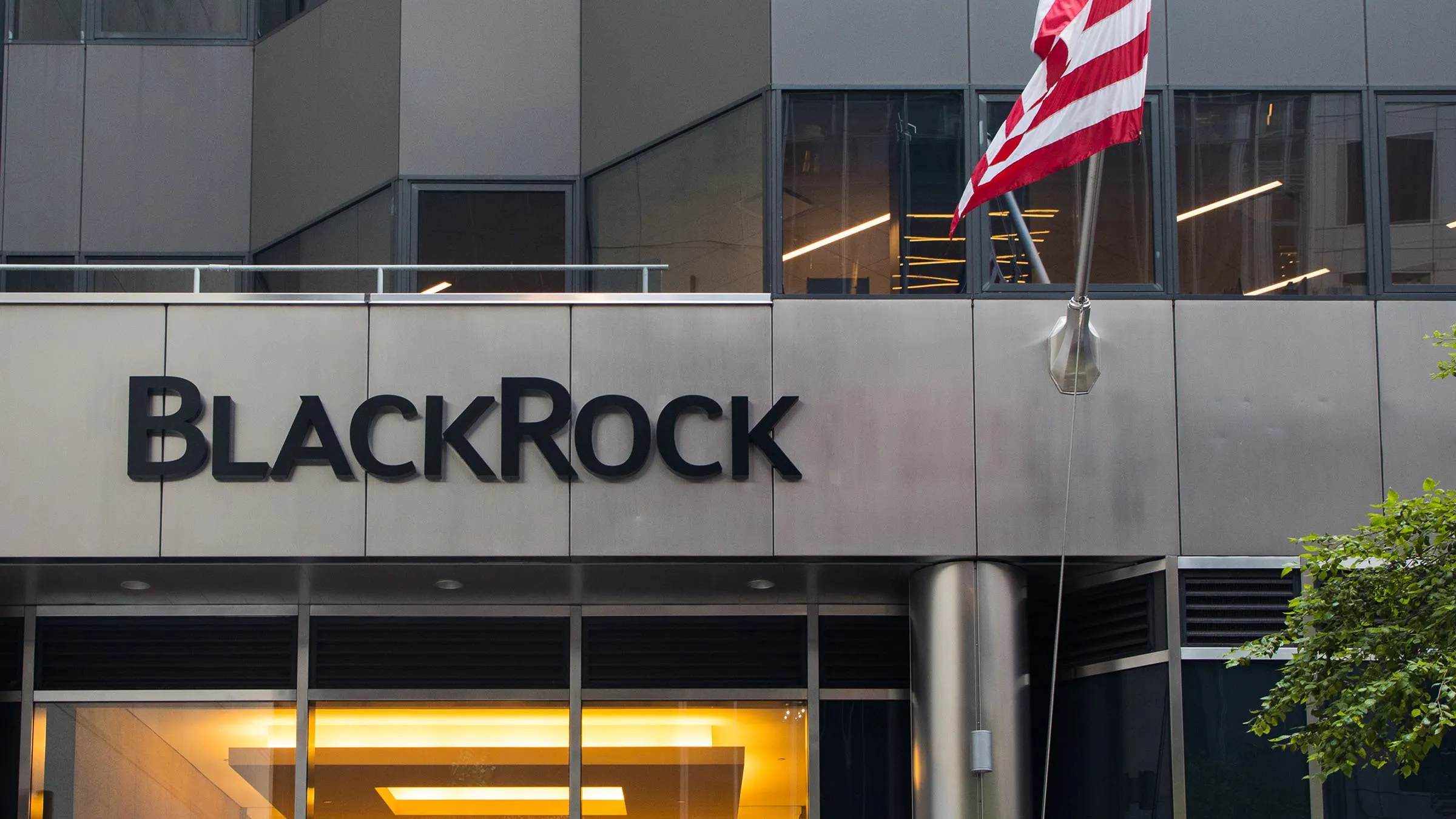For years, Grayscale Investments served as crypto’s preeminent asset manager. But nearly eight months after the debut of spot Bitcoin ETFs, the title has been claimed by BlackRock.
Last Thursday, the Wall Street behemoth surpassed Grayscale in terms of assets under management (AUM) for publicly-listed crypto products, CoinShares’ Head of Research James Butterfill told Decrypt. For him, the shift in status came faster than expected.
“It represents established ETF providers and their power—how quickly they can gain a dominant market share,” he said in an interview. “The truth is in the numbers.”
As of today, BlackRock’s spot Ethereum and Bitcoin ETFs have amassed $22 billion in both leading cryptocurrencies. Among several of Grayscale’s funds, tapping coins like Solana and Chainlink, the firms’ AUM stood around $20.7 billion, per CoinShares data. Market watchers had been anticipating the flip for months.
iShares (Blackrock) has recently overtaken Grayscale to be the largest digital asset fund manager by total assets under management. pic.twitter.com/IruBdw6GFD
— James Butterfill (@jbutterfill) August 15, 2024
July’s launch of spot Ethereum ETFs only accelerated an inevitable handoff, Butterfill said. As asset managers from traditional finance press forward with Wall Street track records, outflows from Grayscale’s Ethereum Trust (ETHE) have proved persistent.
“That is the main reason why we saw it,” Butterfill said, pointing to $2.3 billion in outflows for ETHE. “Big inflows that iShares have seen into Ethereum products, plus the Grayscale’s significant outflows, have led to this flippening.”
When it comes to $966 million in net inflows that BlackRock has seen for its spot Ethereum ETF so far, distribution is a key factor, Tom Dunleavy, a partner at the crypto investment firm MV Global, told Decrypt. That includes advertising in major financial media outlets and relationships with registered investment advisors, he said.
“We can continue to expect partnerships and distribution to drive the adoption of these products,” he added. “It’s a function of their ability to get eyeballs.”
That’s not to say Grayscale hasn’t engaged in advertising of its own. The asset manager has plastered its own promotions in airports and New York City subway stations.
Dunleavy pointed out that BlackRock’s expense ratio for its Ethereum product is 0.25%, which is quite high, but on par with offerings from Fidelity and Invesco. At the same time, five other spot Ethereum ETFs exist that are cheaper for investors.
Grayscale’s spot Ethereum ETF has an expense ratio of 2.5%, making it the most costly product to hold compared to alternatives. On the flipside, Grayscale’s Ethereum Mini Trust boasts an industry-low cost basis of 0.15%. That product, seeded with $1 billion from ETHE, has seen $222 million in net inflows, per data from Farside Investors.
From Butterfill’s perspective, it will be quite challenging for Grayscale to recover its long-held crown, in part because cheaper alternatives are more attractive.
“Keeping fees high will put many investors off,” he said. “It's certainly a one-way street for Grayscale, who had a massive share, which has been slowly eroded.”
Edited by Ryan Ozawa.

